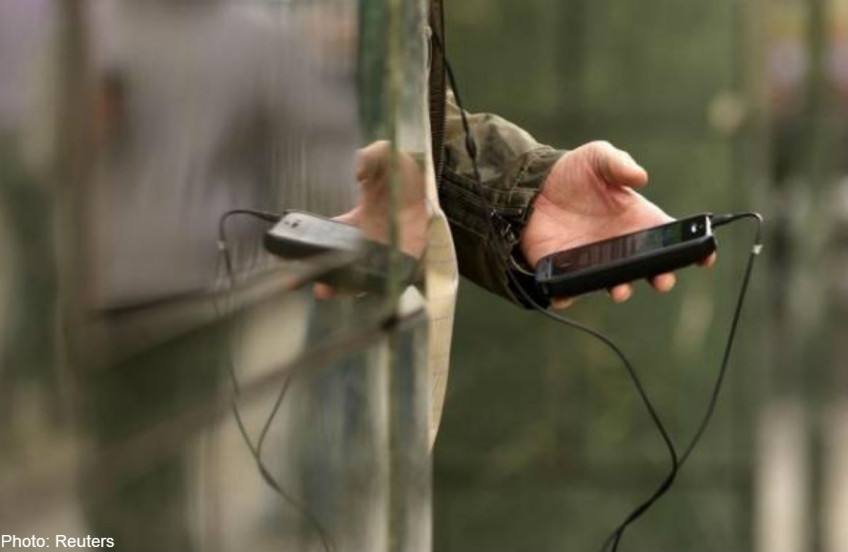Bay Area techies ditch phones, tablets at 'digital detox' camp


SAN FRANCISCO - Tired of the social media treadmill and hoping to unplug for a couple days? Consider this fast-growing summer camp three hours outside of San Francisco, where the first ritual involves handing over your personal electronics to volunteers in white lab coats.
Camp Grounded, now in its second year, offers hyperconnected attendees a brief respite from the incessant noise of Facebook, Twitter and a plethora of other media relentlessly battling for their attention.
The rules of this "digital detox" camp are clear: No work talk, no alcohol, no first names or discussion of ages, and most importantly, no phones, computers, tablets or watches.
Co-founder Levi Felix, who goes by the nickname "Fidget Wigglesworth," has stressed it is not just an experience for tech workers, although current and former Facebook Inc, Google Inc and Microsoft Corp employees were represented. This year, campers ranged from hipster college grads to recent retirees, he said in an interview with Reuters at the Navarro, California camp.
The project has gained rapid popularity, reflecting a growing need to unwind from the stresses associated with the Bay Area's tech boom. From just one weekend in the summer of 2013, this year's has grown to three consecutive weekends with several hundred people attending each session.
To be sure, the experience is limited to those who can afford it - it costs $570 for camping, meals and activities.
"I don't remember the last time I went for four days without checking a notification," said Facebook designer Connie Yang, who tried out Camp Grounded this month.
Yang, who described the experience as "powerful," said she intends to check her phone far less frequently. She may even experiment with incorporating new product ideas into the Facebook experience to help people "scale back."
In recent years, the unplugging movement has been gathering steam, although it has been criticised by the press for stirring "postmodern techno-anxiety" and failing to recognise the positive impacts of technology. Each March, thousands of people unplug from their devices for 24 hours, as part of an event organised by nonprofit organisation Reboot.
Brian Solis, a principal analyst for Altimeter Group specialising in digital trends, expects that experiences like Camp Grounded will become more commonplace.
"If these technologies don't have your attention, they can't scale," he said, describing the camp as a potential antidote.
Solis said it's unlikely that tech companies will tinker with products to make them any less habit-forming. But he predicts that consumers will increasingly crave experiences that help them "reset" for a more balanced lifestyle.
David Stewart, founder of SocialStudio, a company making social media applications, said it can be a challenge for developers to strike a balance between engaging users and spamming them with notifications.
The former vice president of product management at Microsoft-owned Yammer said he was not surprised that the digital detox camp was teeming with techies. Stewart himself attended Camp Grounded in early June.
"People designing addictive products are the most aware of the occasional human need to be free from them."